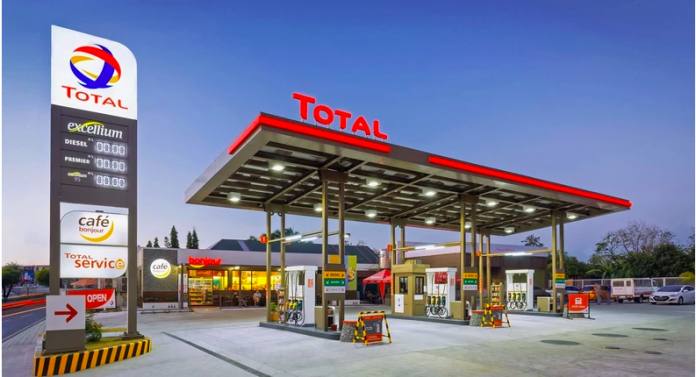The Institute of Energy Security (IES) says Ghanaian fuel prices will rise again. The Institute predicts a 6% increase in pricing.
The steep devaluation of the cedi versus the dollar, they claim, is a major factor.
“Other variables include the 3.33 percent increase in Brent crude, the 2.71 percent increase in Liquefied Petroleum Gas (LPG), the 3.58 percent increase in gasoline, and the 4.50 percent increase in diesel prices”, it said.
On February 24th, 2022, markets soared after learning of a military action sanctioned by Russian President Vladimir Putin. The President’s so-called “special military operation” in Ukraine increased market fear about the possible effect on oil and gas supplies and the increasing tensions of a future World War III.
Dr. Bawumia recently said that the government is not to responsible for recent hikes in fuel prices. He attributed the increases to global market volatility in the petroleum industry.
Dr. Matthew Opoku Prempeh, Energy Minister, inspects the current project for the building of a Bulk Supply Point (BSP) at Kasoa.
Dr. Matthew Opoku Prempeh, Energy Minister, inspects the current project for the building of a Bulk Supply Point (BSP) at Kasoa.
Dr. Bawumia said the worldwide campaign to reduce fossil fuel use to achieve net-zero emissions is already affecting the global economy by reducing investment for oil exploration and exploitation.
“We all need to realize that this change will take 30 years, but the effects are already being felt now. Oil exploration and extraction are becoming more expensive due to a lack of finance. The high cost of petroleum is causing several economic repercussions, such as inflation, as the prices of items rise in reaction to the increase in petroleum prices.”
“Many have suggested that the fuel price rise will continue high; we will not see any substantial declines,” he said. How can we, as developing nations like Ghana, respond to this new reality of rising oil prices and their influence on macro factors in our economies?”
Source: TheBBCghana.Com














![Two teenage friends beat up boyfriend after discovering he’s dating both of them [video] » GhBase•com™](https://thebbcghana.com/wp-content/uploads/2022/01/girls-fight-boy.x15955-150x150.jpg)



